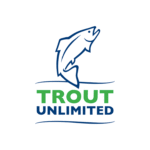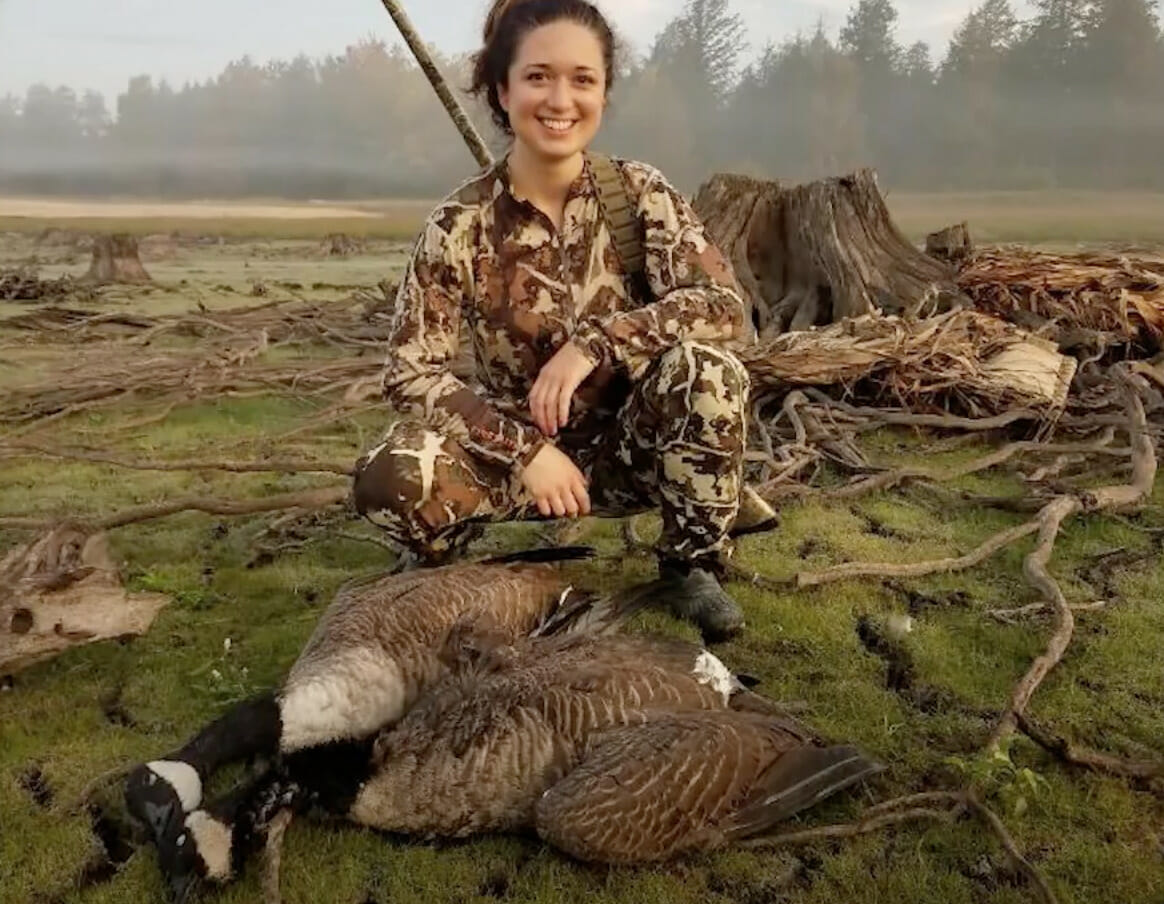Pennsylvania’s Klondike Property near the headwaters of the Lehigh River is featured in a new video from Trout Unlimited and the Theodore Roosevelt Conservation Partnership. The short video — the third in a series — highlights the crucial role the Keystone Fund has played in helping to preserve and promote this important section of state game lands. Stay tuned for more videos highlighting why the Keystone Fund is so important for preserving the natural areas so valued by Pennsylvania’s hunters, anglers and conservationists.
By Emily Baldauff
The Klondike Property, which is now a 500-acre parcel of land included in Pennsylvania Game Lands 312, is a key parcel of wooded land that includes several miles of the Lehigh River and special protection wetlands.
This property, booming with high-quality natural habitat, could not be overlooked when Wildlands Conservancy and the Delaware River Watershed Initiative (DRWI) along with other contributing environmental partners like the Hokendauqua Trout Unlimited Chapter decided the property was worth permanently protecting.
In March 2018, this dream became a reality when Wildlands Conservancy, with the help of state agencies and other environmental nonprofits, secured the purchase to permanently protect the Klondike Property. Soon after they transferred the land to the Pennsylvania Game Commission to expand Game Lands 312. This transaction allowed for the public to access and utilization of this land for public fishing and hunting.
There are many reasons this property is ideally suited for protection.
First, the headwaters of the Lehigh River flow through the property. The Lehigh is a source of drinking water for more than 180,000 people in Pennsylvania. Protecting the buffers around streams used for drinking water can reduce costs for filtering and purifying the water before it reaches the tap. This in turn leaves room for money to potentially be shifted to other water needs, including stormwater and sewer water management upgrades to help enhance local waterways.
Second, because of the pristine wetlands surrounding the Lehigh River headwaters, the Klondike is a key flyway during waterfowl migrations. These wetlands not only help to maintain amazing wildlife habitat, but they also create superior access to one of the most common and loved Pennsylvanian pastimes — hunting.
The permanent protection of over 200-acres of special wetlands within this particular property can ensure opportunities to pursue Pennsylvania waterfowl and other game species for generations to come.
Third, the Poconos are home to an elite group of streams known for outstanding fly fishing opportunities. Many of these streams surround the Lehigh River, which starts in the Pocono Plateau and heads south where it meets the Delaware River in Easton. Protecting water in the upper Lehigh River will help secure these elite fisheries for years to come.
The success of protecting this specific property hit home for me, literally.
I am a native of Lackawanna County, one of the three counties across which Game Lands 312 spans. In 2018, while working for a Pennsylvania environmental non-profit out of an office in Monroe County, I recieved text from friends in the DRWI saying “Its official! Wildlands got the property!”
There was a sigh of relief and excitement the moment I read that text message.
At the time I was working on an outreach campaign to highlight the importance of special protections for waters in the Pocono Mountains region and the benefits that come along with protecting pristine streams and the buffers surrounding them. It was a tough campaign but seeing the support to protect a property like this helped keep spirits up and persevere with the campaign.
The opportunity for Pennsylvania to step up and permanently protect an invaluable piece of property like the Klondike gives me hope that future generations will be able to share my passions for hunting and fishing in beautiful, clean, and pristine habitats.
Emily Baldauff is Trout Unlimited’s mid-Atlantic organizer. An avid angler and hunter, she is based in Pennsylvania. Since 1993, the Keystone Fund has continued to provide state-level matching dollars for a variety of conservation projects, including land acquisition, river conservation, and trail work. This video series from TRCP and Trout Unlimited celebrates just a few of the conservation success stories that make us all proud to be able to hunt and fish in Pennsylvania.



